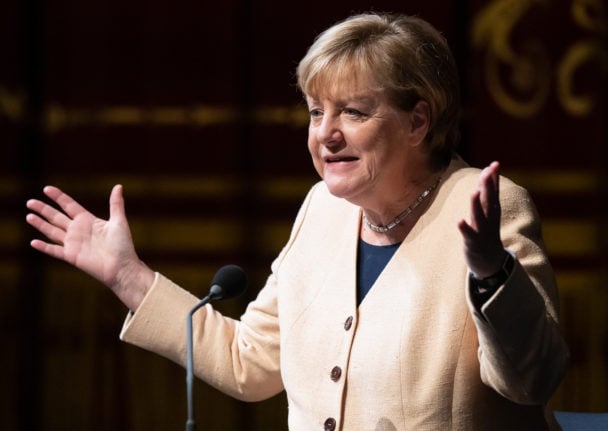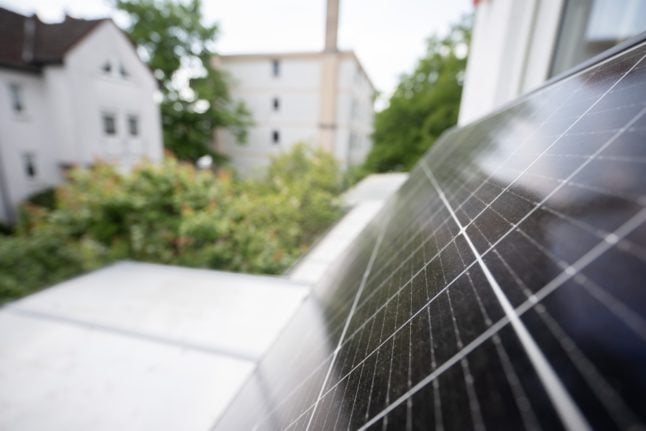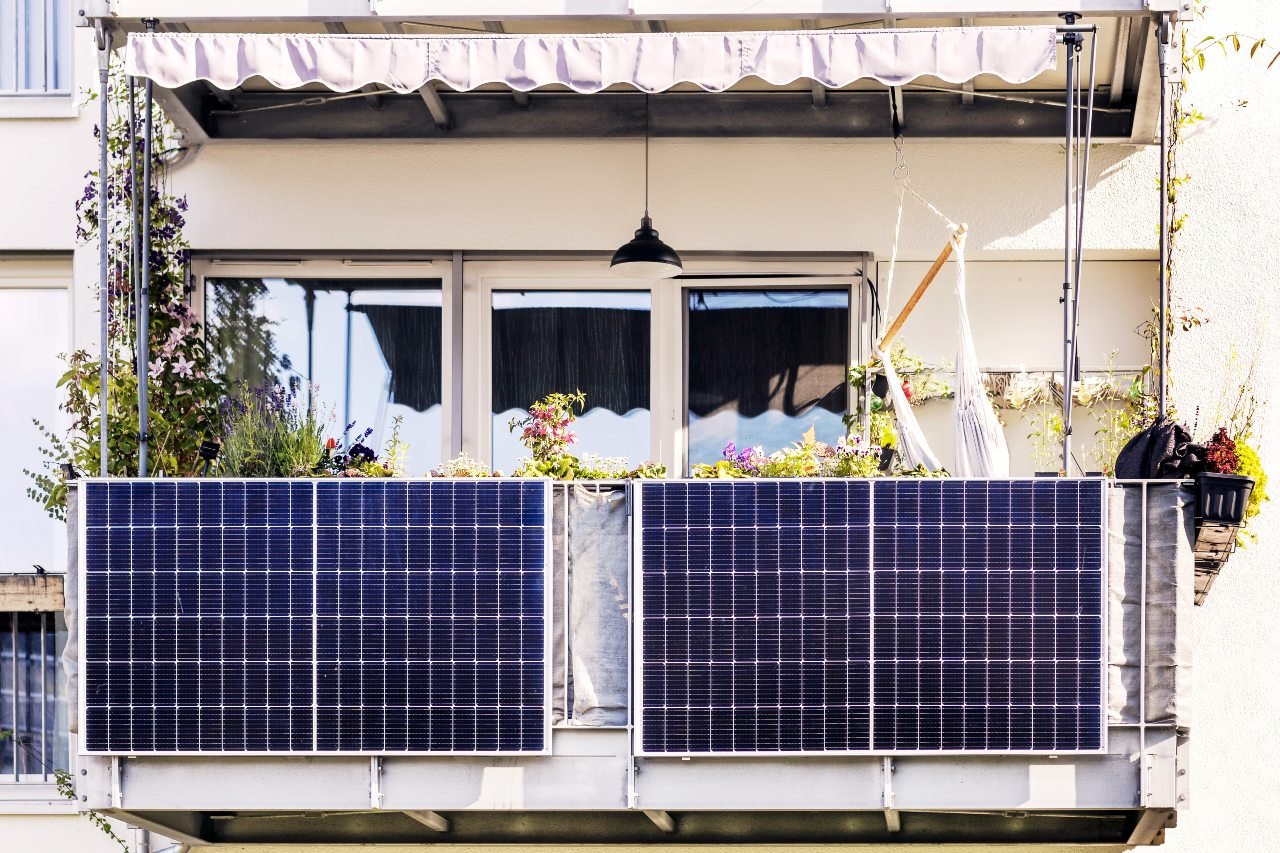Germany’s reliance on Russian energy has been exposed as an Achilles’ heel for Berlin in the wake of Moscow’s invasion of Ukraine.
But when she was chancellor of Europe’s biggest economy, Merkel said Germany needed to ramp up its gas imports to fill an energy gap as it wound down its use of nuclear energy.
“It was also very rational and comprehensible to procure gas via pipelines from Russia, which was cheaper than LNG (liquefied natural gas) from elsewhere in the world like the US, Saudi Arabia or Qatar,” she told journalists in Lisbon.
“Even during the Cold War, Russia was a reliable energy supplier,” noted Merkel, who grew up behind the Iron Curtain in communist East Germany.
“And in that respect, I don’t regret my decisions at all. Rather, I believe that it was correct from the perspective at that time.”
She also rejected speculation that her willingness to do deals with President Vladimir Putin was a bid to change Russia using trade.
“I never believed that there’s such a thing as change through trade, but there was definitely a connection through trade,” she said.
READ ALSO: Former German chancellor Angela Merkel wins UN refugee prize
‘Respect’ for Zelensky
Merkel was in the Portuguese capital to serve as president of the jury of the Gulbenkian Prize for Humanity.
Russia’s “brutal assault” of Ukraine necessitated a change in how Germany handled Moscow, Merkel added — and “the new government is doing that”.
Germany’s former chancellor left the political stage in December 2021 after four consecutive terms in Germany’s top job as a highly respected world leader.
Barely two months later, her legacy was tarnished by Russia’s war in Ukraine.
She and her coalition of conservatives and Social Democrats have in particular come under fire over the energy deals that left Germany dependent on Russia for 55 percent of its gas supplies.
Her backing for the controversial Nord Stream 2 pipeline that was to double Russian gas deliveries to Germany had also long irked allies.
The project was shelved by current Chancellor Olaf Scholz in late February over Russia’s aggression.
Merkel has made only a handful of public appearances since retiring from politics, but she has sharply condemned Putin’s war.
She has also said she has the “highest respect” for Ukrainian President Volodymyr Zelensky.
READ ALSO: Former German chancellor Angela Merkel to release memoir




 Please whitelist us to continue reading.
Please whitelist us to continue reading.
Member comments